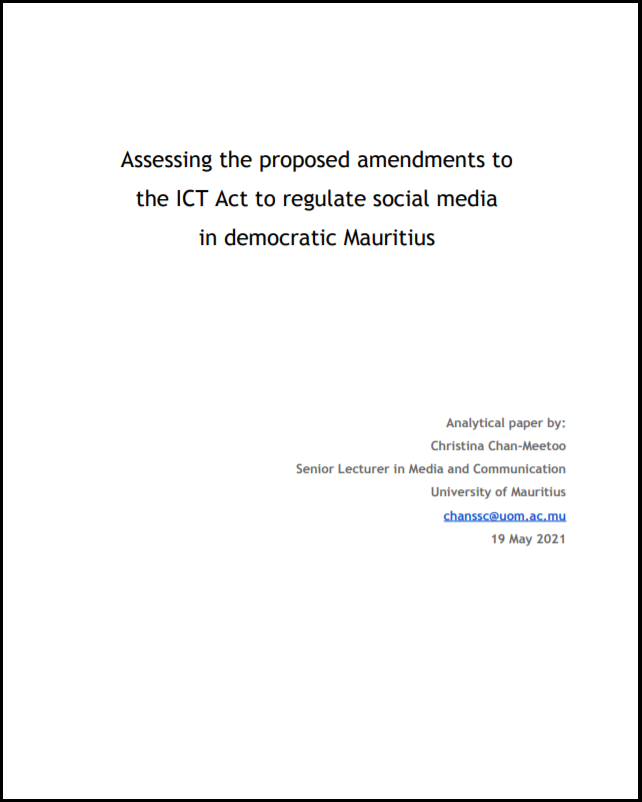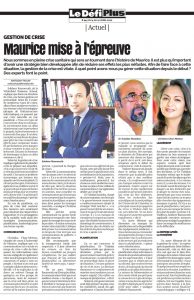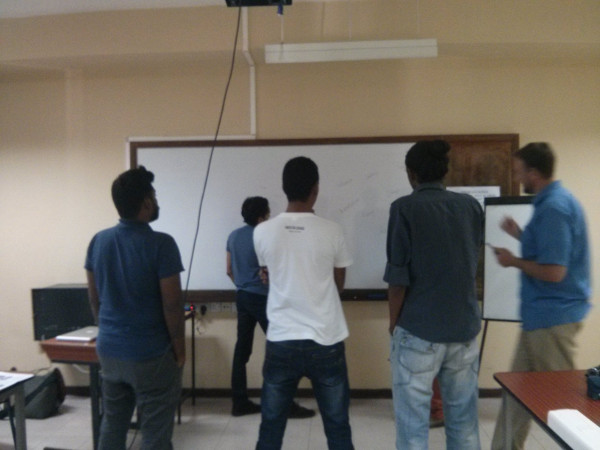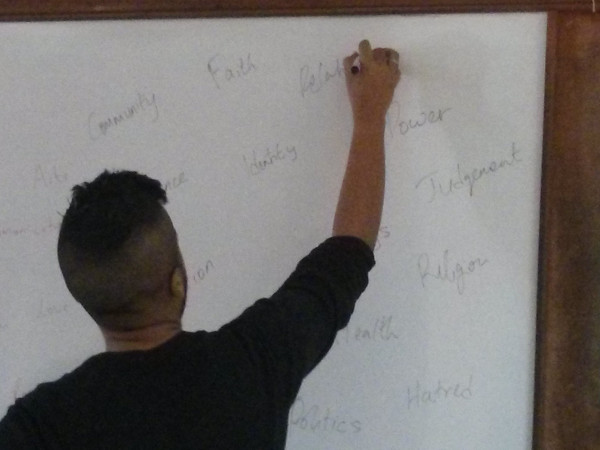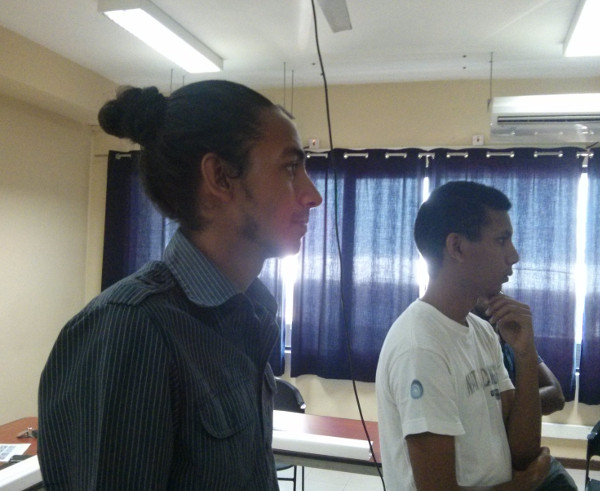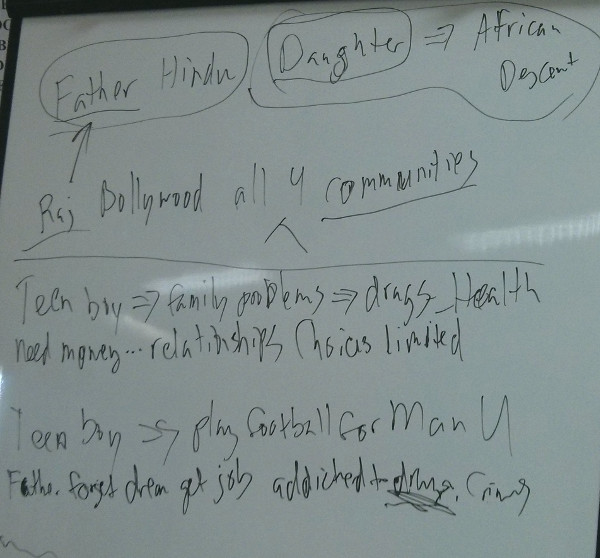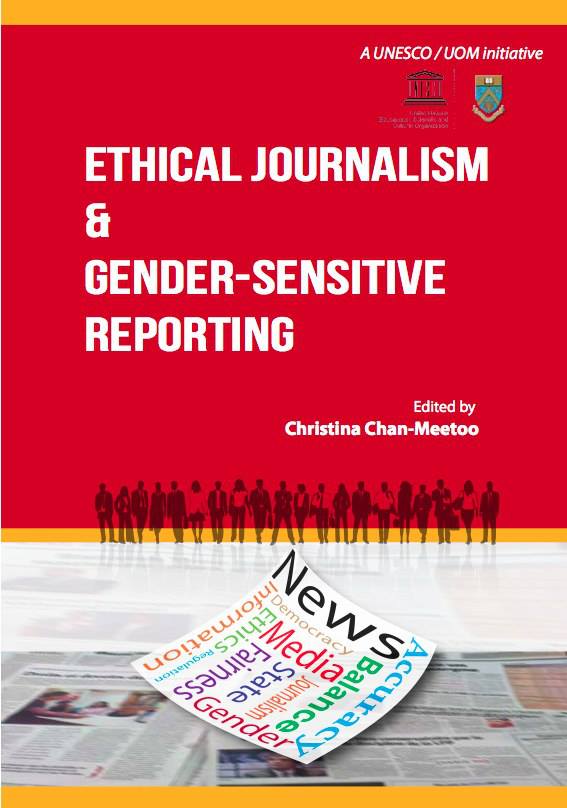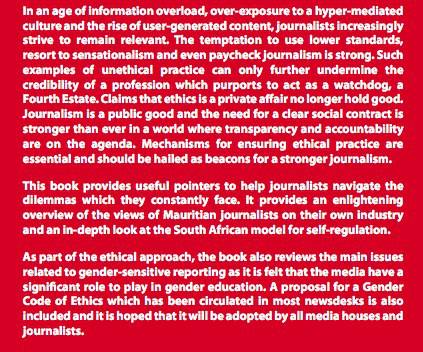In this blogpost, you will find the link to my final submission to the ICTA on its proposed amendments to the ICT Act. In the last section of my paper, I include my answers (reproduced below) to the specific questions of the ICTA in its Consultation Paper.
Click here to access the full text of the analytical paper
Click here to access the PDF format of the Analytical Paper
Summary of questions being released for public consultation
14.1 What are your views on the present approach of self-regulation of social networks by social media administrators themselves where they decide to remove an online content or not based on their own usage policy and irrespective of your domestic law?
Countries around the world face issues concerning circulation of posts which are potentially in breach of their domestic laws on social media platforms. There is, at present, no fully satisfactory response which is proposed or effectively deployed in any democratic country. Only non-democratic countries have recourse to drastic measures aiming to block and/or intercept all of their own citizens’ online communications and social media traffic in an attempt to regulate the same. As a democratic country, Mauritius cannot use methods which would be more suitable for non-democratic regimes.
It is true that the content being circulated online which either targets or is created by Mauritian citizens on social media may be in breach of domestic laws. However, an objective assessment of the extent of such illicit content being circulated needs to be conducted to determine the extent of abuse and/or misuse as already specified in the above paper,
It should also be recalled that social media platforms offer various levels of privacy, meaning that one may categorise the online communication sphere created by these into multiple sub-categories, which can tentatively be broadly listed as follows:
- Online national public sphere created by public personalities (prominent members of society such as politicians, leaders of big organisations, community and religious leaders, opinion leaders, etc.) and organisations (whether public or private bodies) who decide to publish their posts on the full “public mode” level. Their content becomes accessible to anyone without the need to be directly connected as “friends” or “friends of friends”. They generally have a large number of followers/friends and their posts can be shared, thereby enabling them to become viral.
- Targeted public circles created by specific individuals and bodies who wish to communicate within a semi-restricted sphere, upon invitation.
- Private circles whereby an individual or entity communicates only with their friends and whose posts cannot be shared outside of the network of friends.
There are obviously more levels of control which are generally available on some social media platforms in between those three broad categories. Suffice to say that the first level (online national public sphere) is the one which should command the most attention, followed by the second level (targeted public circles) whereas the third level (private circles) may be considered the equivalent of private conversations between private individuals.
Individuals and entities who have large follower bases in the online national public sphere and targeted public circles are the ones who should be more subject to scrutiny as they have the potential for virality and their speech is tantamount to public speech, which may be evaluated against prevailing domestic laws.
As it is, the responsibility for regulating content rests primarily on the social media platforms themselves, the most popular of which are based overseas, thus not directly subjected to domestic laws. These platforms use their own terms of use or community standards to evaluate content (1) when prompted by other users who flag potential issues or (2) when their internal algorithms detect highly sensitive content requiring intervention by the platform.
Intense debates have taken place after the occurrence of major incidents linked to social media accounts of public figures such as former US President Donald Trump. The latter’s account was shut down on platforms such as Twitter and Facebook after the Capitol invasion in January 2021 when he lost elections. Despite multiple posts which contained fake news and racist comments during his presidency, he was only banned from social media platforms when he lost the last elections, thus sparking debates about whether all major public figures around the world would henceforth be liable to similar treatment by the platforms. This was one of the most prominent cases entrusted by Facebook to its own Oversight Board for review. The Facebook Oversight Board published its ruling on 5th May 2021 and upheld the decision but requested that Facebook review the decision within the next six months and also develop clear, necessary, and proportionate policies that promote public safety and respect freedom of expression.
[Read more…] about My final submission to the ICTA on its proposed amendments to the ICT Act
